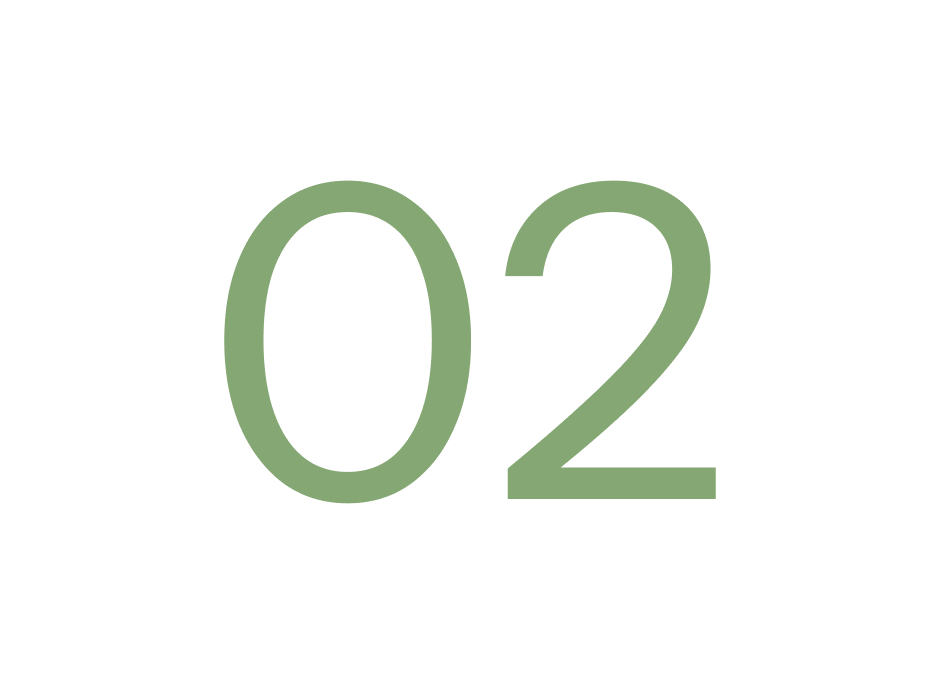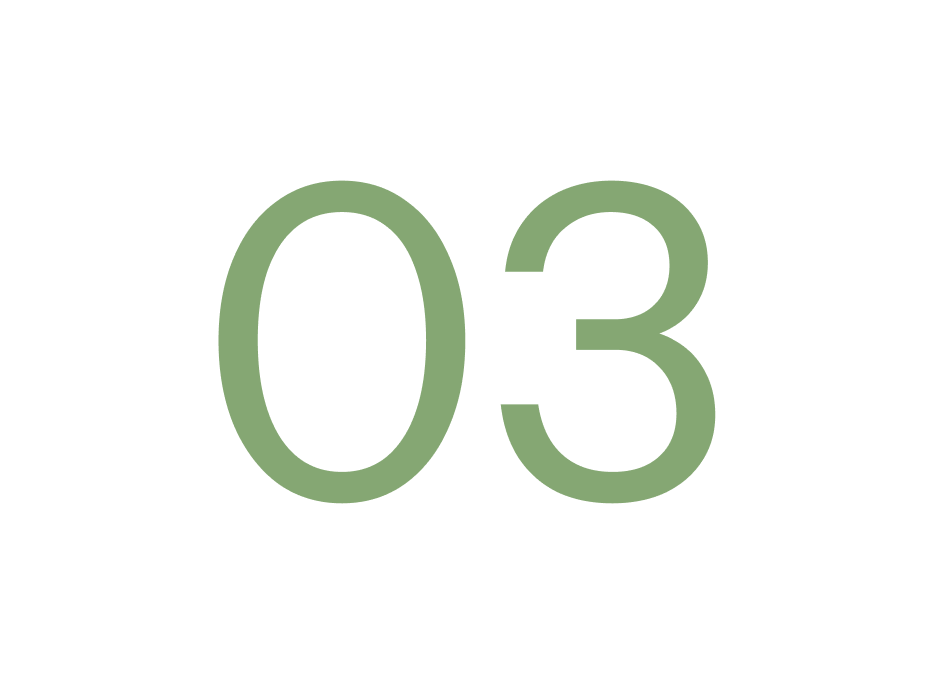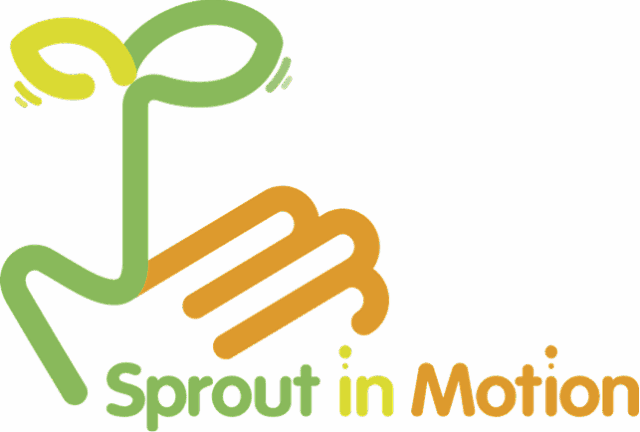Risk Assessment
Risk assessment is a systematic process of evaluating the potential risks that an individual may pose to themselves or others. This assessment is crucial in various contexts, including clinical settings, educational environments, and forensic psychology. The ultimate goal of risk assessment is to ensure safety and promote well-being by identifying and addressing potential dangers effectively.

Specifically, risk assessments examine
-

Self-harm behaviors or tendencies
Identifies tendencies or actions that may result in self-injury, including scratching, hitting, or other harmful behaviors.
-

Aggressive behaviors toward others
Assesses physical or verbal aggression, including hitting, biting, or threats, that may impact peers, caregivers, or educators.
-

Elopement/wandering risks
Evaluates the likelihood of running away from caregivers, classrooms, or safe environments, which may pose safety risks.
-

Destructive behaviors
Examines tendencies to damage property, break objects, or engage in behaviors that may cause harm to surroundings.
-

Environmental safety concerns
Assesses awareness of dangers in daily environments, including road safety, fire hazards, and interactions with unfamiliar people or settings.
-

Risk-taking behaviors
Identifies impulsive actions that may put the individual at risk, such as climbing unsafely, engaging with strangers, or disregarding personal safety.
Test and Scales

Safe T protocol
A structured assessment tool used to evaluate suicidal risk and safety in individuals. It assesses:
- Suicidal Ideation: Frequency, intensity, and duration of thoughts about self-harm or suicide.
- Plan: Specificity and lethality of any suicide plan.
- Means: Accessibility to methods for self-harm.
- History: Previous suicide attempts or self-harming behaviors.
- Protective Factors: Elements that may reduce risk, such as social support or personal coping strategies.

GAD 7 (Generalized Anxiety Disorder 7-item scale)
A self-report questionnaire used to assess the severity of generalized anxiety disorder (GAD). It measures:
- Anxiety Symptoms: Frequency of symptoms such as excessive worry, restlessness, fatigue, and difficulty concentrating.
- Impact on Functioning: How anxiety affects daily life and overall functioning.

PHQ 9 (Patient Health Questionnaire-9)
A self-report tool used to screen for depression and assess its severity. It evaluates:
- Depressive Symptoms: Frequency of symptoms such as low mood, loss of interest, sleep disturbances, and feelings of worthlessness.
- Functional Impairment: The impact of depressive symptoms on daily activities and quality of life.
For parents and teachers, risk assessments provide crucial information
Our Assessment team
-

Dr. Esther Wong
Clinical Psychologist, PsyD
Service Fee
Total Assessment Fee
HK$10,000
- 1-hour parent interview
- 1-hour clinical interview
- 1-hour parent feedback meeting
- Administration, scoring, and interpretation of behavior rating scales
- Report with findings, and specific recommendations for home and school




